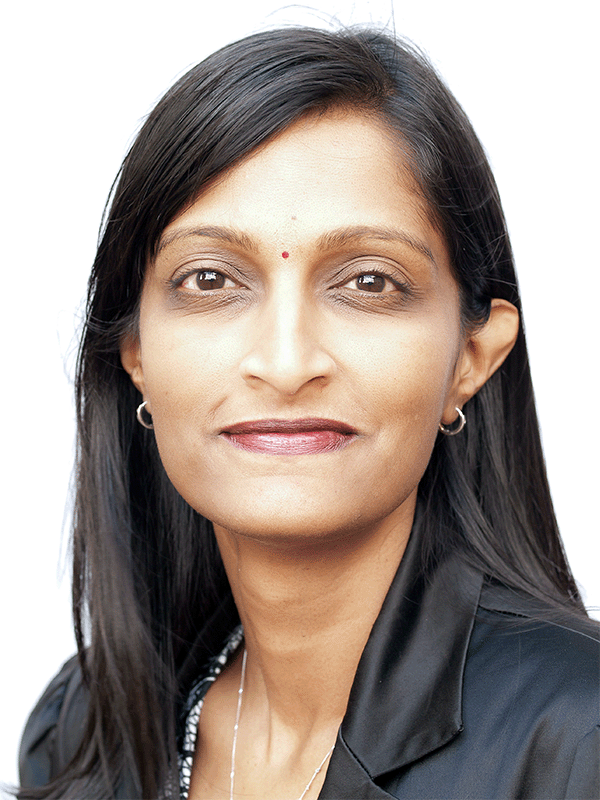How much vitamin D do you need? It’s complicated…
The sunshine vitamin’s surprising role in overall health
Vitamin D, commonly known as the sunshine vitamin because sunlight helps our bodies to produce it, is essential for maintaining strong bones and a healthy immune system. However, too much can have adverse effects on your health.
“Vitamin D involves a complex interplay between environmental and individual factors. Either deficiency or overdose of vitamin D can affect overall health, yet understanding individual vitamin D requirements can be complicated,” explains Dr Jay (Jayalakshmi) Narainsamy, a specialist physician and endocrinologist practising at Netcare Park Lane Hospital.
“Individual factors such as having darker skin, cultural aspects, pre-existing illnesses, higher Body Mass Index [BMI] and our modern lives’ tendency toward more indoor activities, may also contribute to vitamin D deficiency even where there is bountiful availability in sunny climates, such as ours.”

Dr Jay Narainsamy
“Most studies on vitamin D deficiency have been conducted in other countries, where the climate, demographic and socioeconomic factors differ from our local context. Data on South African populations is scarce and a lot more complicated to interpret given the different sun exposures across provinces, different ethnic groups and general lack of recent information,” she explains.
A meta-analysis looking at data from studies between 1978 and 2015 reported that vitamin D was sufficient in most healthy South Africans. However, among those lacking vitamin D, black South Africans were most affected at 62,9%, while 35,7% of coloured South Africans, 14,7% of Indian South Africans and 8,9% of white South Africans experienced deficiency of this key nutrient.
Why do our bodies need vitamin D?
“Vitamin D is responsible for regulating the calcium levels in our cells, therefore a deficiency of vitamin D also leads to low levels of calcium and phosphate, and an increased parathyroid hormone in response. This is detrimental to bone health and causes bone loss that may increase the risk of fractures,” Dr Narainsamy warns.
Apart from the risks to skeletal health, the effects of vitamin D deficiency are being studied in more detail for wider ranging consequences. “One meta-analysis suggested that vitamin D supplementation reduced cancer mortality. While cardiovascular risk reduction has not been conclusively proven, there have been studies which showed benefit in reducing blood pressure, reduction of irregular heart rhythm risk in older patients and lower incidence of heart attacks,” Dr Narainsamy notes.
“Vitamin D is known to influence the immune system, especially the innate immunity which is the body’s first response to fighting off harmful pathogens, and may therefore assist in protecting against respiratory illness. Conversely, vitamin D deficiency might be related to an increase in autoimmune diseases.
“People with diabetes and prediabetes can also benefit from identifying vitamin D deficiency, as it has a role in insulin regulation too,” she says.
Such is the importance of vitamin D to overall health that some international societies have suggested screening for deficiency in susceptible groups, including people who are malnourished, have a sedentary lifestyle, limited sun exposure, obesity, dark skin, are over the age of 65, as well as individuals with conditions causing gastrointestinal malabsorption, liver disease or failure, renal insufficiency, fibrosis and those taking medications that alter vitamin D metabolism.
Potential symptoms
“Most people with vitamin D deficiency do not experience symptoms and are probably unaware of the issue. Those who have a severe and prolonged deficiency may present with bone discomfort or pain in the lower back, pelvis, or lower extremities, and could experience falls and impaired physical function, muscle aches, proximal muscle weakness and symmetric lower back pain, that is, pain on both sides,” Dr Narainsamy says.
“If a person suspects they are vitamin D deficient, I recommend discussing testing with a healthcare practitioner such as your general practitioner, an endocrinologist or nephrologist. A medical referral is required for the test, as the result needs to be interpreted with the patient’s history and managed holistically. A thorough evaluation should be done before medication or supplementation is prescribed.”
In addition, some people may also need more detailed evaluation including calcium, magnesium, phosphate, 1.25 hydroxy vitamin D and parathyroid levels tests.
“Dietary sources of vitamin D include sardines, cod liver oil, salmon, tuna, egg yolks, beef liver and fortified cereals or plant-based dairy alternatives, although diet alone may not be sufficient and lifestyle changes may be advised along with either short- or long-term supplements prescribed.”
Dr Narainsamy points out that vitamin D is a fat-soluble vitamin that can be stored and may build up in the body. If vitamin D levels become too high, this can cause hypercalcaemia, a condition in which blood calcium levels become too high. This may present as nausea, dehydration, constipation, or symptoms of hypercalciuria, such as needing to urinate more frequently or in greater volumes, and kidney stones.
“It is therefore important to have levels checked regularly, especially if you are taking supplements, as vitamin D overdose can be harmful,” she concludes.













